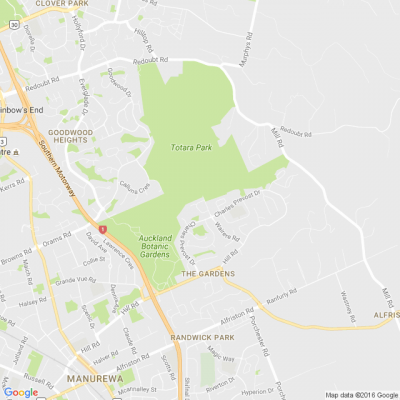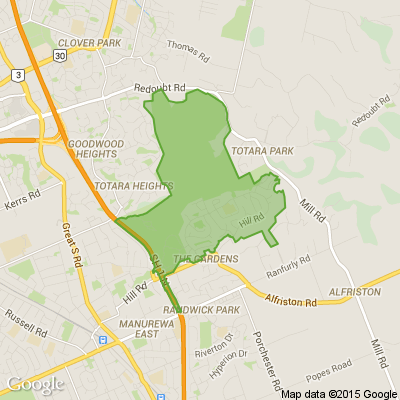DIY SEO
Search Engine Optimisation (SEO) sounds complex, but with a few simple tricks, you’ll find yourself climbing the search results.
Here are just a few of the best ways to get that boost for free.
Watch Your Words
One of the most overlooked problems are the keywords themselves. Don’t try to be the number one hit for “socks” because there is no way. You could be high on the list for “men’s business socks” or something more specific. Once you have a few phrases that work, try a combination that represents the strongest part of your business.
Be Consistent
The best keywords aren’t going to get you very far if you aren’t updating the site. Chances are, you can’t redesign your site regularly. You aren’t making new products every week. Having promotions year in and out is ridiculous.
You can, however, blog. Your webhost probably has one and you can generate some interesting content on your own. At first, blog weekly. If you are successful, try it daily. The activity on your site helps Google and similar search engines rank you higher.
Keep It Pithy
When it comes to item descriptions and URLs, the shorter the better. For item descriptions and comments, try to keep it under 50 words with all the pertinent details.
This can be especially hard for some products, but you may be able to find a different header for special information or specific dimensions.
Likewise, you don’t want to have every step of the site in your URL. For example me.com/clothing/mens/underwears/socks/business/search.aspx is not as good as me.com/socks. Google and other engines can really penalise you for a long URL.
Stick to these 3 simple rules and you can get yourself to the top of the search results by the end of the week. Just remember this is a journey, not a destination.

What workplace change would you like to see most?
This coming Monday is Labour Day in New Zealand. This public holiday marks when the eight-hour workday and 48-hour workweek became law in 1899. The idea started with Samuel Parnell, a carpenter in Wellington, who in 1840 refused to work more than eight hours a day. Since skilled workers were in short supply, his employer had to agree.
As more skilled workers arrived, employers tried to change working conditions, but Parnell and others kept pushing for better rights. In 1890, Parnell led a Labour Day parade of 1,500 people to promote the eight-hour day. He passed away shortly after, and nine years later, Labour Day became an official public holiday.
Do you feel that we have reached the ideal in working environments yet? What rights are you passionate about relating to employment? Share your thoughts!

What's your favourite recipe for gooseberry?
Love gooseberries? Share your favourite way to enjoy them. We're looking for our readers' favourite family recipes for this delicious crop. Send yours to mailbox@nzgardener.co.nz, and if we use it in the magazine, you will receive a free copy of our December 2024 issue.

Six tips for improving security around your home
1) Improve outdoor lighting
Ensure that streets, driveways, and front yards are well-lit. Motion-sensor lights around homes deter trespassers by reducing hiding spots and illuminating their movements.
2) Trim your trees
Overgrown shrubs and trees provide cover for intruders. Keeping them well-trimmed around windows and doors improves visibility and reduces potential hiding spots.
3) Secure Entry Points
Ensure doors, windows, and gates are always closed when you are away from the house. Upgrade to more secure locks, deadbolts, or even smart locks for added protection.
4) Add a security camera
Place security cameras in the main entry points to your home. Doorbell cameras are also relatively cheap and a great way to keep track of who is visiting your home when you aren't there.
5) Start a Neighborhood Watch Program
You could reach out to members on Neighbourly to form a group of neighbors who can regularly keep an eye out for suspicious activity and report it. You could also check with Neighbourhood Support to see what is existing in your area.
6) Introduce yourself to your neighbours
The closer you are to your neighbors, the more likely they’ll notice when something unusual or suspicious is happening around your property
Feel free to share anything that you do around your area to deter crime.








 Loading…
Loading…